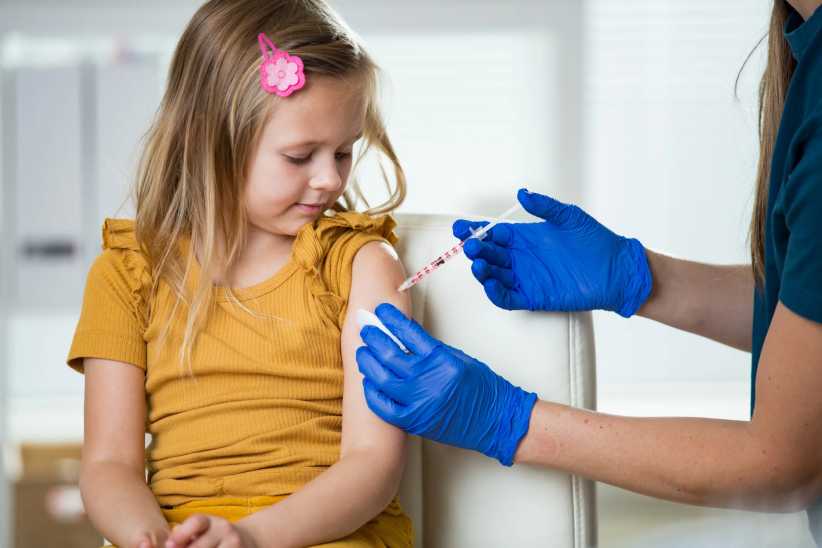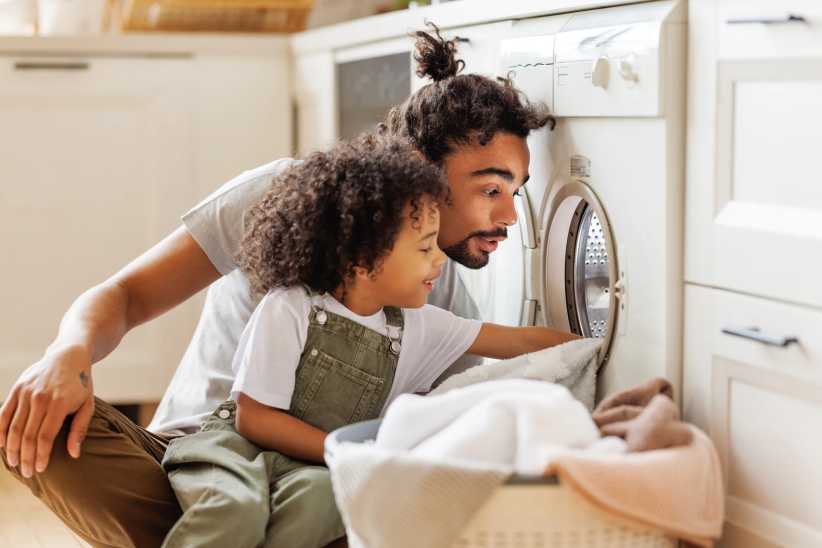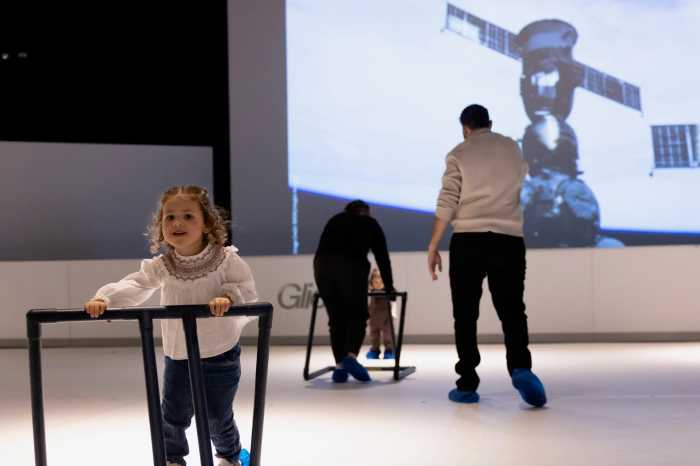Editor’s Note: Sally Tannen, Director of 92Y’s Parenting Center and new Grandparents Center, is back with more expert advice—this month, on holiday gift-giving. Here are a few of the questions Sally is asked again and again at the Parenting Center.
Q: My 3-year-old is my parents’ only grandchild. My husband and I have very strong feelings about teaching our daughter the value of things, and part of that is not showering her with gifts. My parents want to give her the moon and stars. How can we strike a balance between our wish not to spoil our child and my mother’s “Please don’t take away my joy?”
A: Your parents’ impulses come from the heart and, of course, you don’t want to take away their joy. But you and your husband set the tone in how you raise your child. Talk to your parents. Tell them that your heart brims with generosity toward your daughter, too, but that you have good reasons for your restraint in the gift department. Explain that children are overwhelmed by too much “stuff” – they don’t know where to focus, and, as a result, nothing has particular value to them. Overindulging a child actually dilutes their joy. Set limits for gift giving, and if your parents don’t respect them, intervene. Stash a few things in a closet for another occasion. And encourage them toward all the other joy-producing ways they interact with their granddaughter.
[gravityform id=”13″ title=”false” description=”false” ajax=”true”]
The takeaway: Parents—not grandparents—set the rules.
Q: How can I teach my young boys to be grateful and appreciative? My family is fortunate in that we do not want for anything, but I’m worried about my children developing a sense of entitlement.
A: Teaching children about gratitude is among the most important values you can impart to them. No one is born feeling grateful—it’s something that is learned (or not) over time and experience. Toddlers and preschoolers are, understandably, self-centered. But it’s never too early to model the behavior you want them to adopt, and to demonstrate through your own actions what it looks like to live with gratitude in your heart. The holidays offer a great opportunity to begin shifting the emphasis in your children’s life from “getting” to giving. Have your boys make little homemade gifts for family members, teachers or others special to them, and talk about how wonderful it feels to delight others. Explain that not everyone is as fortunate as they are, and that some don’t even have enough to eat, then have them help you pack up canned food and take it to a food drive together. Involve your children in charitable activities to help those who truly want for things, and they will take less for granted. Delay gratification. Create a culture of generosity, empathy and respect in your home. Say, “thank you”—not only for things, but for deeds. And when you remind your children to say it, make sure they know why they are saying it. And keep it coming.
The takeaways: Shape your child into one who gives as good as he gets. And … to raise a grateful child, be a grateful adult.

Q: What are the best toys and gifts for preschoolers? What are the ones you would discourage?
A: Second part first: Nothing electronic for children under five! There are so many better ways for children to interact with materials. The best toys for small children are open ended—toys that spark imaginative play, and that don’t involve a “right way” of using. Building blocks, LEGOs and Magna Tiles are all wonderful choices and can be used for years, with the nature of play changing as your child grows. Age appropriate art materials are another great choice, as is anything that allows for dramatic play—there’s a reason a dress-up box is a classic! I also think a “theme gift” is a great direction. You or the grandparents can buy (or build!) a dollhouse, for example, and family members can help begin to fill it, giving your child pieces of furniture, kitchen accessories, etc. A toy farmhouse or garage are other ideas that offer terrific departure points for imaginative play. The beauty of this direction is that your child’s holiday gift has focus, which helps him/her focus and be able to truly enjoy a new plaything. As a bonus, the whole family will be part of it.
The Takeaway: Electronics: “No!” “Imagination builders: “Yes!”
Q: I’m Jewish and my wife is Christian. We celebrate both holidays, but are concerned about days on end of gifts for our toddlers. We’ve got many a Chanukah and Christmas ahead. How can we best navigate this?
A: How wonderful for your children to grow up with the richness and traditions of an interfaith household. But the double December holidays needn’t be celebrated with double gifts! Children remember and treasure the traditions around holidays far more than the gifts. I would choose either Hanukkah or Christmas to be the holiday that includes gift giving in your household, and have the other be all about activities. From latke making/cookie baking to lighting candles/singing carols to spinning a dreidel/trimming a tree, these holidays brim with opportunities for celebration and togetherness. You’ll be establishing rituals, creating memories, and giving your children the greatest of gifts.
The takeaway: Double holidays needn’t mean double gifts. Take the emphasis off things in boxes and put it on things you do together.
Director of 92Y’s Parenting Center and new Grandparenting Center, Sally Tannen has been supporting early childhood parents, building community, and creating and offering activities and classes for babies, kids, parents and grandparents for thousands of NYC families for more than 25 years. A mother of four and grandmother of three, Sally’s personal experience continues to enrich and inform her work. Learn more at 92y.org!














